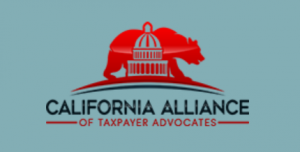California Supreme Court holds that courts can entertain arguments that a BID assessment scheme violates certain provisions of Proposition 218 when raised by a party who did not articulate these objections in public hearings held to consider protests.
On December 20, 2021, the California Supreme Court reversed the court of appeal which had concluded that petitioners failure to present their objections to proposed business improvement districts (“BIDs”) and related assessment schemes at the appropriate public hearings meant they had not exhausted their extrajudicial remedies, a lapse that prevented the court from deciding petitioners’ claims on the merits. Hill RHP Housing Partners, L.P. et al. v. City of Los Angeles, No. S263734.
 SeeSALT Blog
SeeSALT Blog






